There’s no denying that leaving behind meaningful items for your loved ones can be a beautiful way to preserve your legacy, but you can’t just leave your family and friends all the clutter from your life. In fact, some items are going to cause them more stress than value, leaving your heirs overwhelmed with decisions about what to do with them.
You’ll no doubt want to avoid such a situation, so for guidance, here are some things that you should never pass on to your heirs.
Financial Liabilities

It should go without saying that passing down unpaid debts or financial obligations to your heirs is a terrible idea. That’s why you need to ensure that your finances are in order before you go, settling outstanding bills or loans where possible. If debts remain, be transparent about them and leave instructions on how to handle them, rather than ignoring them.
Outdated Technology
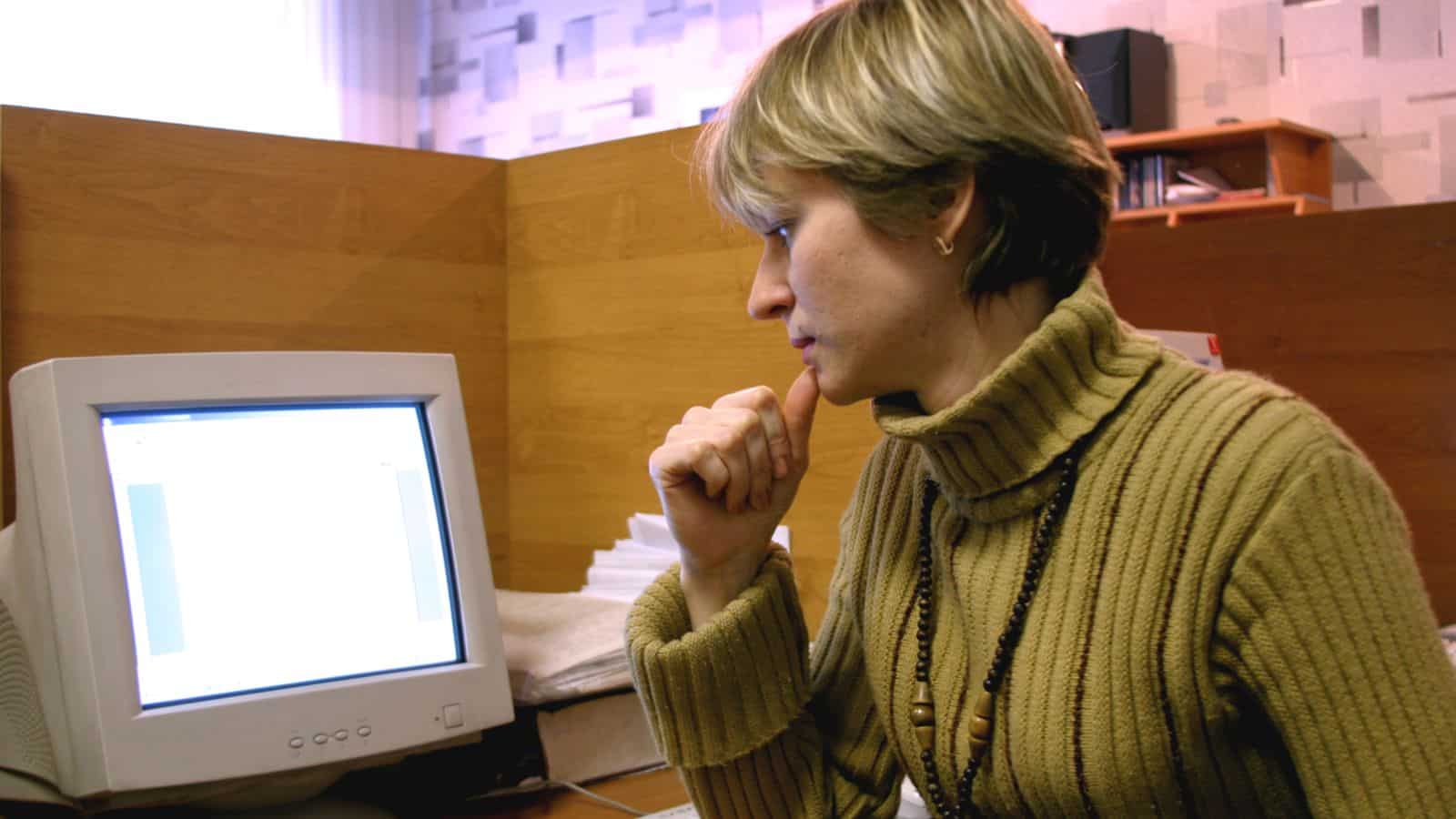
You might think that your heirs might make use of your old phones, computers, or other outdated gadgets, perhaps even finding them nostalgic. However, they’ll rarely hold value, as these items often require costly repairs or become difficult to recycle, leaving your family with a bunch of clutter.
So, instead of passing on obsolete technology, consider recycling or donating it while it’s still functional. This way, your heirs won’t have to sort through useless devices or pay to dispose of them.
Broken Furniture
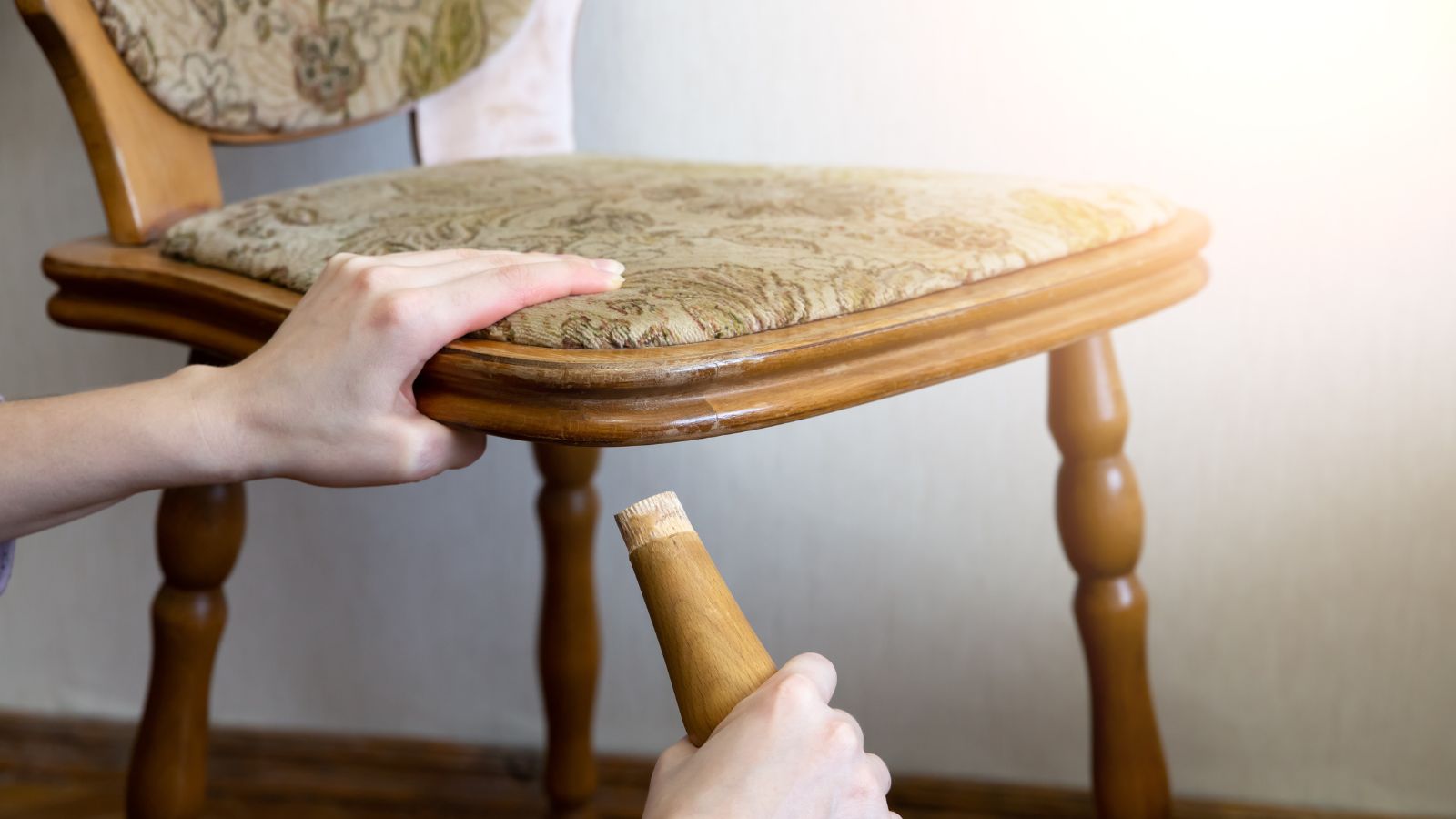
Even though you might think that sentimental furniture pieces are meaningful, it’s important to realize that your heirs might not hold the same perspective. In particular, broken or outdated items will only become a burden, and sadly, your heirs may feel guilty about discarding them, leaving them with clutter.
Collections Without Value
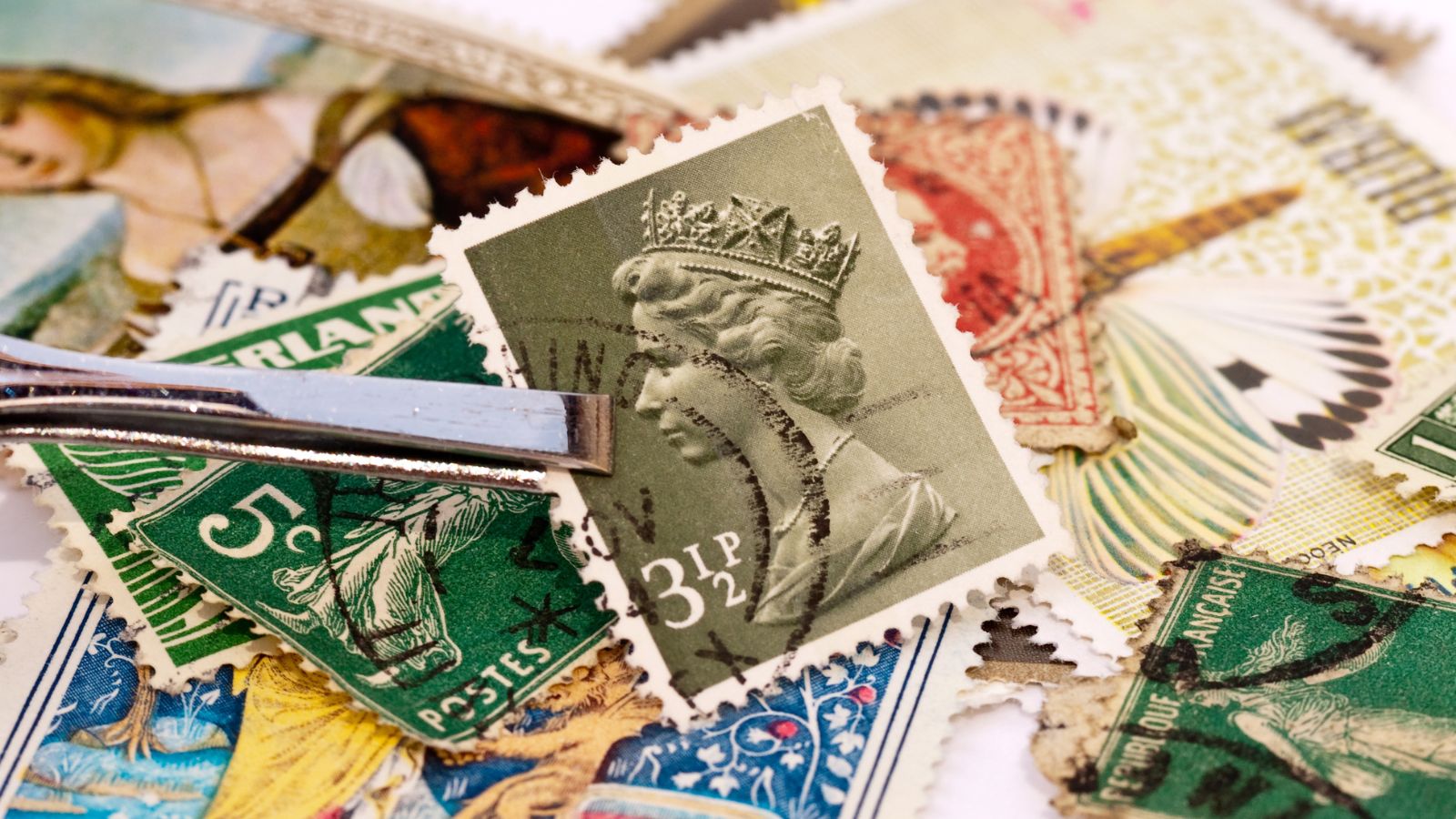
Stamps, figurines, or sports card collections might be valuable in your eyes, but they’re quickly losing their appeal for younger generations. Therefore, if your heirs don’t share your passion, these items are more likely to gather dust than be appreciated. Sure, you could consider passing on a large collection, but discuss it with your family to see if anyone wants it.
If they don’t, have no fear, as there’s always someone out there who will share your passion. Selling or even donating it will ensure that your collection finds a home with someone who will cherish it.
Unlabeled Family Photos
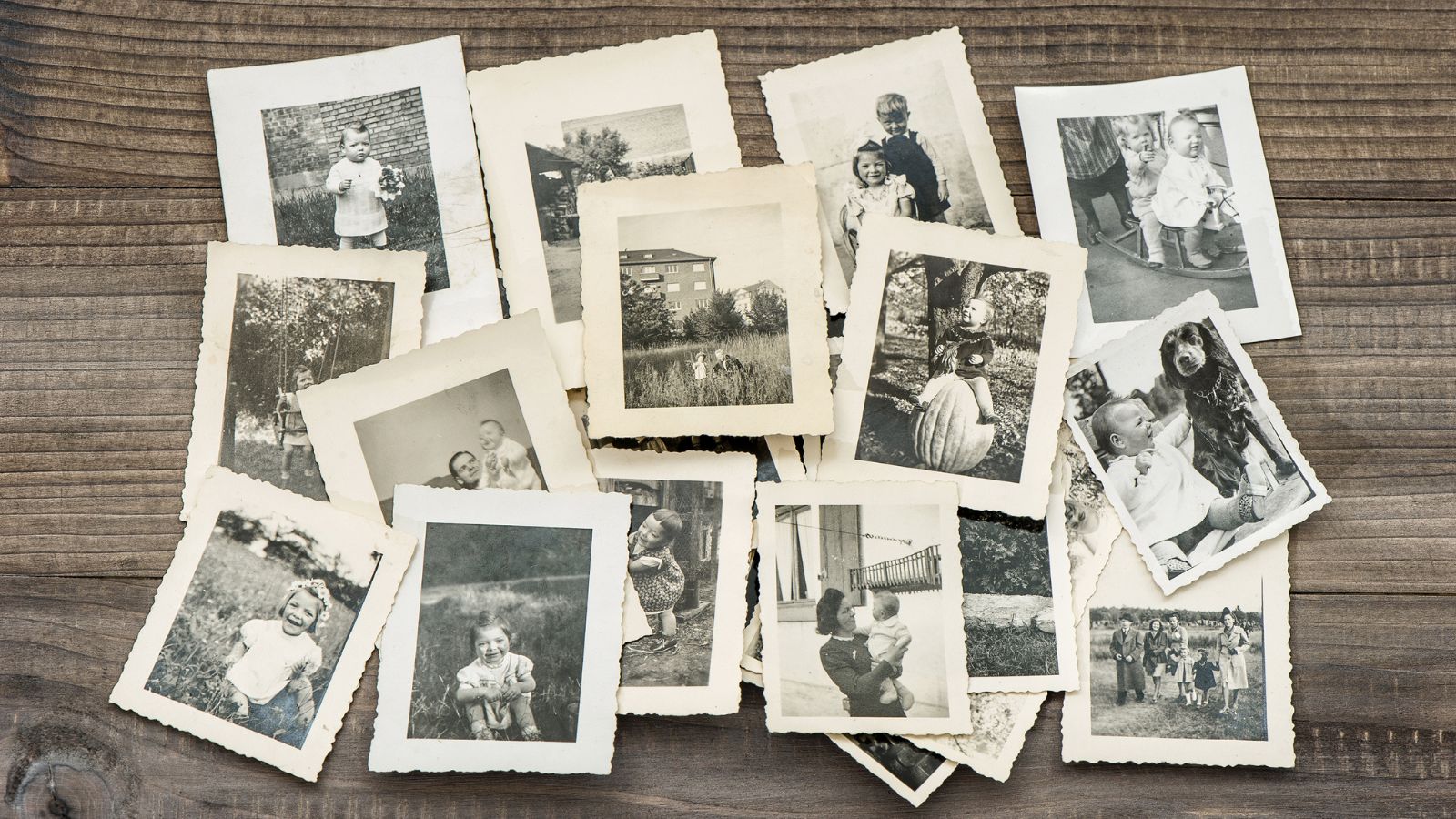
Yes, old family photos are priceless, but unlabeled ones can leave your heirs guessing about who’s who. Without context, these memories lose their significance and are likely to be discarded. Don’t ditch them, but take the time to label or organize your photos, sharing the stories behind them, and they’ll become so much more meaningful.
Outdated Legal Documents
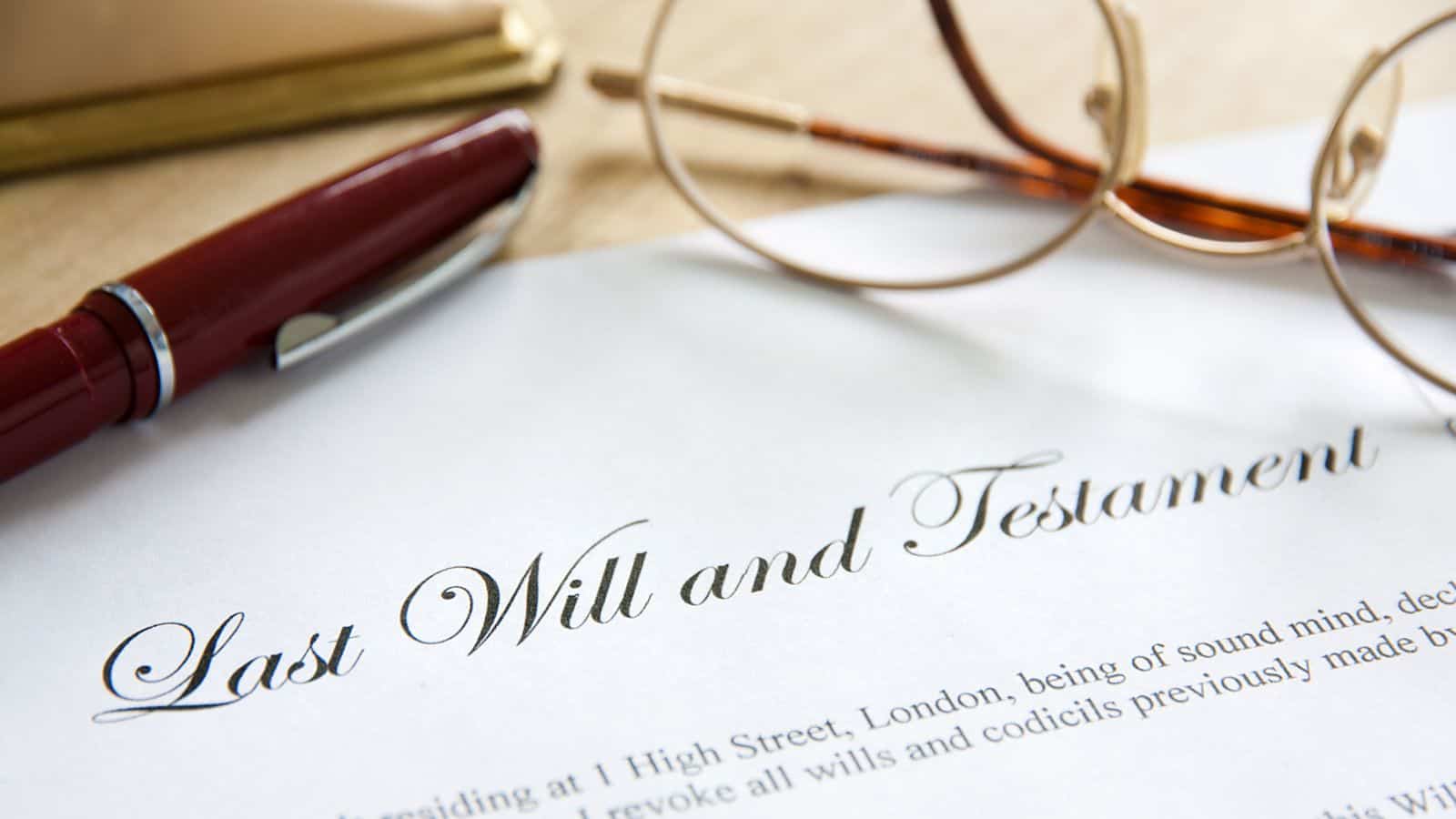
You really shouldn’t be leaving old wills, trusts, and other outdated legal documents to your family and friends, as they could create unnecessary complications. This is especially the case if your estate planning isn’t current, potentially leading to confusion or disputes among your heirs. Because of this, it’s very important to regularly review and update your legal documents to reflect your wishes clearly.
Unused Appliances
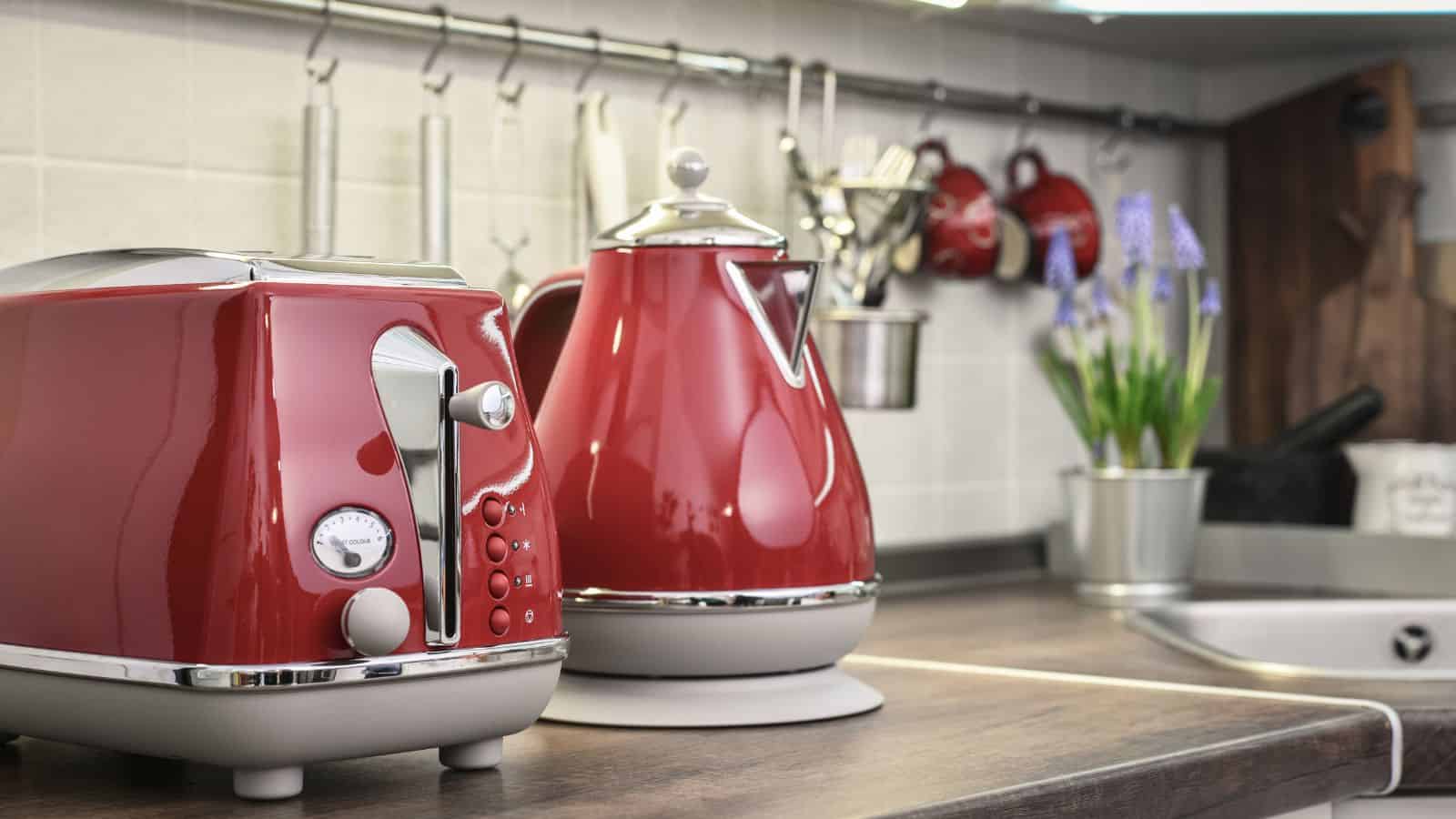
Old kitchen gadgets or outdated appliances often have little practical value for your heirs, so don’t bother leaving them in your will. These items can be bulky, difficult to move, and costly to repair, so instead of passing them down, consider donating or recycling them while they’re still working. If not, take them to the junkyard!
Worn-Out Linens
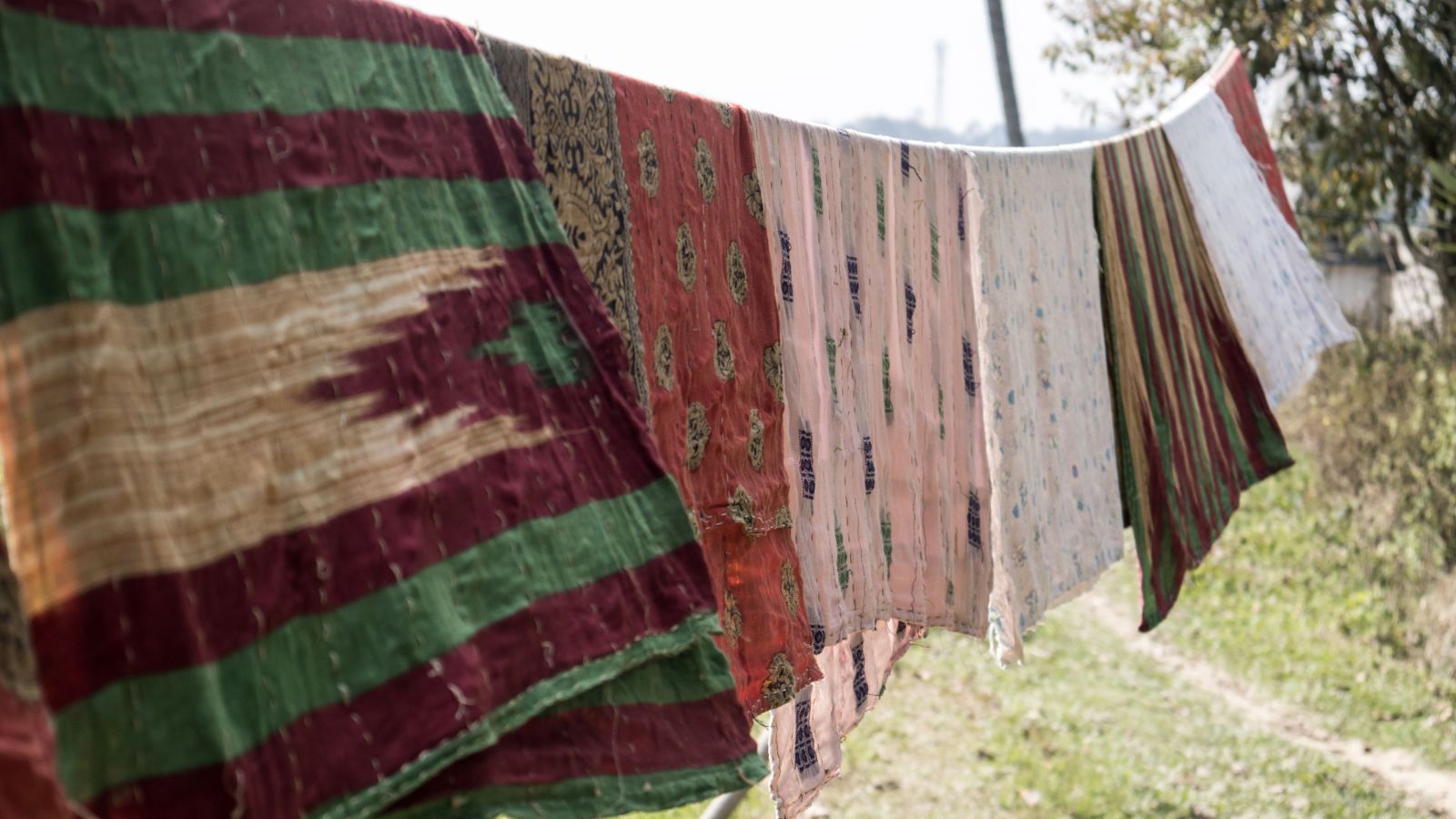
Tattered towels, faded sheets, or outdated blankets are unlikely to bring joy or utility to your heirs, so why are they occupying a spot on your will? Sure, some items can be repurposed, but most will just end up as clutter. We’d only recommend passing down high-quality or sentimental pieces, because that way, your family won’t have to sort through piles of worn-out linens when you’re gone.
Personal Journals

Even if your journals hold significant personal value to you, they may not resonate with your heirs in the same way. Depending on the content, these writings could even create discomfort or confusion, so before passing down personal journals, think about how your heirs might interpret them.
Expired or Unused Medications

We hate to state the obvious, but leaving behind expired or unused medications is a terrible idea. Not only will they be useless, but they will also create a safety hazard for your heirs.
Why? Well, these items can be difficult to dispose of and actually pose risks if mishandled. Therefore, properly disposing of medications while you’re alive is very important, ensuring your heirs won’t have to deal with the hassle or danger of sorting through them.
Outdated Books

We can all agree that books can hold sentimental value, but entire shelves of outdated or irrelevant ones often become burdensome. Unless your heirs share your taste in reading or the books have significant value, they’re likely to just be donated or discarded. As a compromise, we’d suggest selecting a few meaningful titles to pass down, but then consider donating the rest to libraries or charitable organizations.
Mismatched Dishware

When you pass down mismatched plates, bowls, or utensils, it’s only going to clutter the lives of your loved ones. Obviously, if your dishware has sentimental or monetary value, that’s different, but otherwise, it’s unlikely to be appreciated.
Outdated Clothing
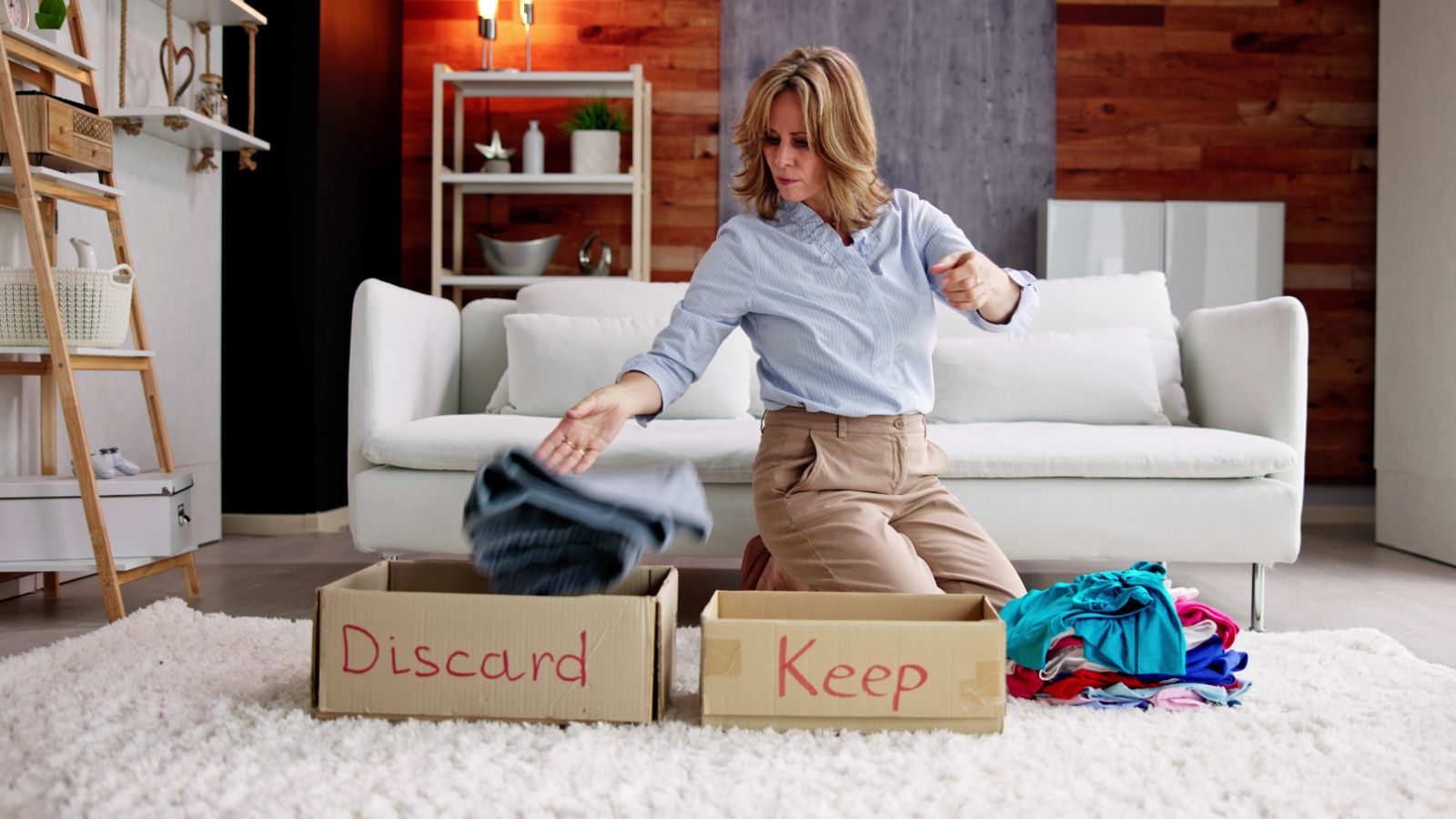
Clothes that are out of style, heavily worn, or no longer fit don’t make for good inheritance items. Frankly, your heirs are more likely to discard or donate them, and they’ll probably feel guilty about letting them go. Don’t put them through this–instead, just focus on sharing any sentimental pieces, but other than that, head to the clothing bank or a thrift store.
Excess Holiday Decorations
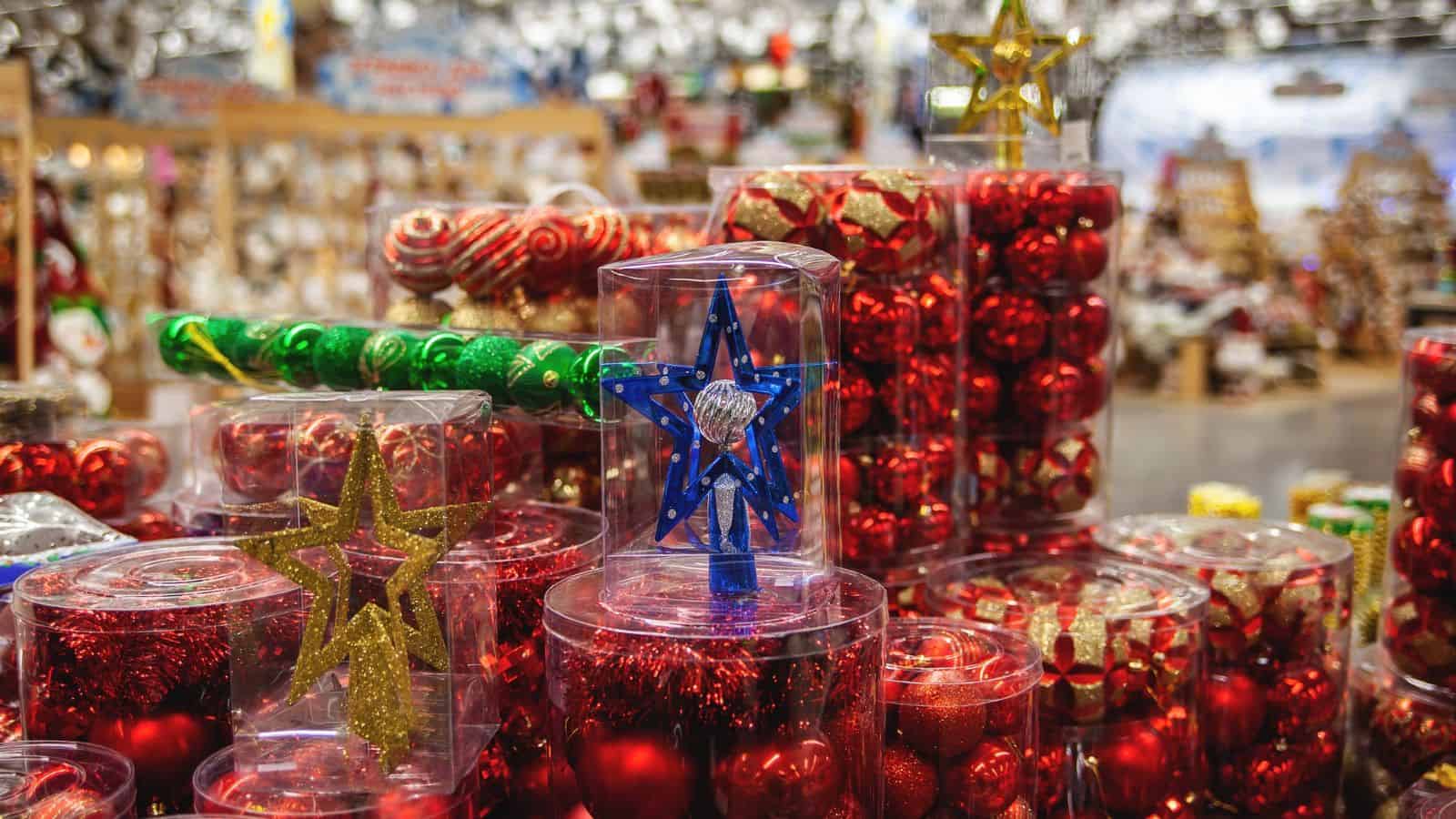
A lot of Americans find it tempting to pass down their large collections of holiday decorations, but this often becomes overwhelming for their heirs. Obviously, they might appreciate a few key pieces, but an entire attic filled with ornaments, lights, and wreaths? That’s too much.
Paper Clutter

It should be pretty obvious that old receipts, utility bills, and irrelevant documents are among the least useful items to leave behind. Your heirs struggle to determine what’s important and what can be discarded, causing them a heck of a lot of stress.
They certainly won’t get any use from these documents, so we’d suggest shredding them for security and recycling them, ensuring that it won’t be your family’s responsibility to sift through them.
Outdated Home Décor

Contrary to popular belief, dated artwork, curtains, or knick-knacks tend to lack sentimental value and rarely match modern tastes. Ultimately, your heirs may feel uncomfortable discarding these items, but they’ll still have no desire to keep them. That’s just not fair for them to experience, so consider donating or repurposing outdated décor while you can.
Poorly Maintained Vehicles
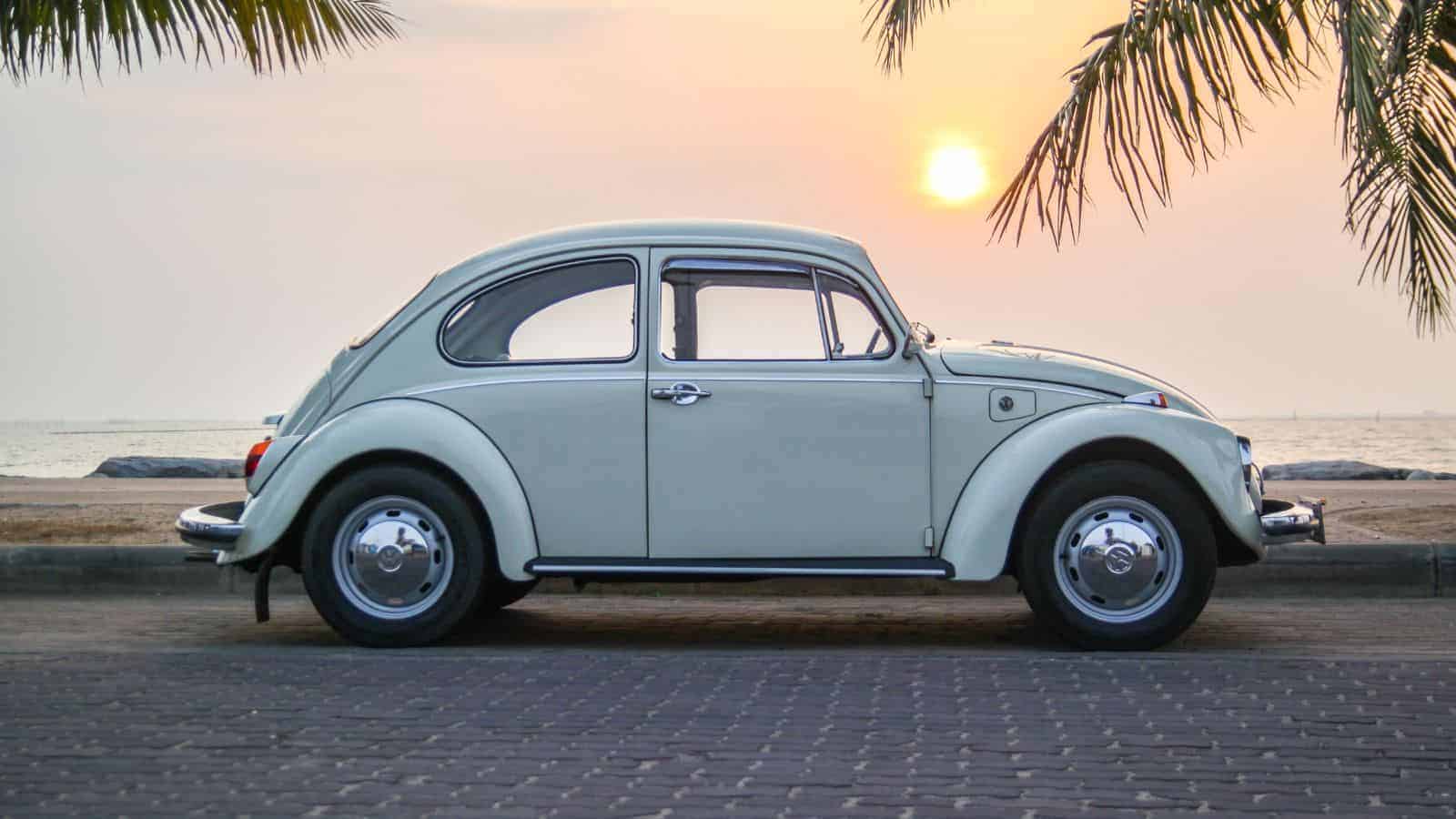
You might think that handing down a car seems like a thoughtful and generous gesture, but in reality, it often backfires. This is particularly the case if the vehicle is old, unreliable, or costly to repair, potentially becoming a burden on your family.
Depending on the condition and model, some family members might appreciate it, so don’t discard this idea completely. However, before passing down a car, ensure it’s in good working condition and worth keeping, and make sure you have a discussion with your family to ensure that they want it.
Unclear Instructions

Arguably, the worst thing that you could possibly leave behind after you pass is unclear instructions for handling your estate. Unless your will is crystal clear, you’ll create confusion and disputes among your heirs. So, whatever you do, take the time to clearly outline your intentions in your will or estate plan, and that way, your family will know exactly how to proceed, making their grieving a whole lot easier.
Toxic Relationships or Conflicts

Finally, while not a physical item, passing down unresolved family conflicts or toxic dynamics is an awful idea, as it will create lasting stress for your heirs. Obviously, this isn’t something that you would consciously leave to your family, but you’d be surprised at how common it is.
The solution? Address these issues while you’re still alive, and you’ll be able to ensure a healthier legacy for your family. Best of all, you’ll feel a whole lot more content in your final years, and you’ll likely enjoy better relationships, too!
